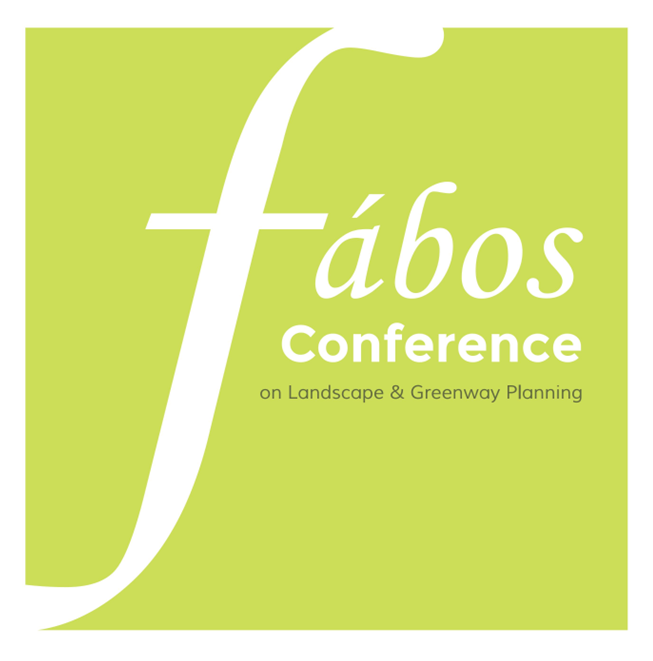Understanding the Evolution of Landscape Planning Strategy in China: From "Fragmented" Urban Green Space System to Regional Greenway Network across Cities
- Di Lu (North Carolina State University, College of Design)
- Zhiming Li (Nanjing Forestry University, College of Landscape Architecture, China)
- Jianguo Lu (Nanjing Forestry University, College of Landscape Architecture, China)
Abstract
In China, urban green space system (UGSS) is defined as a network of all sorts of green spaces in city built-up area which supports ecological and recreational functions (Wang, 2009). The implementation of UGSS indicates several common problems, such as overemphasizing green spaces in the built area of city, losing stability and rationality in spatial patterns, and mismatching the progress of ecological restoration cycles (Liu & Wen, 2007; Wang, 2009). Greenways represent a distinctly strategic approach to landscape planning through combinations of spatially and functionally compatible land uses within a network (Ahern, 1995). Specially, four principal strategies (Protective, Defensive, Offensive, and Opportunistic) are recognized as an overall planning strategy for greenway (Ahern, 1995). Inspired by the greenway concept, China has constructed 2,372 kilometers of greenway network at Pearl River Delta (PRD), in order to maintain regional ecological safety, to improve regional livability, to stimulate economic growth, and to protect cultural and historic resources (He et al, 2010). Meanwhile, various cities in China have initiated their own greenway network planning for implementation. This indicates a potential greenway movement during the next few years in this country, following the global interest in greenways as a sustainable landscape planning strategy. Through historical review of urban green space system in China and a case study of PRD greenway network, this research attempts to answer the following questions: (1) how contemporary greenway network is planned and implemented in China? (2) How Ahern's four principal strategies (protective, defensive, offensive and opportunistic) have been applied within PRD regional greenway network as landscape planning strategy?
The purpose of this research is to provide a holistic perspective on greenway planning and development in China. Specially, this paper will (1) present evolution of UGSS planning and recent greenway development in China; (2) discuss the practice of implementing greenway network as landscape planning strategy; and (3) discuss the future greenway development in China.
Keywords: greenways, landscape, planning, china, evolution, pearl river
How to Cite:
Lu, D., Li, Z. & Lu, J., (2013) “Understanding the Evolution of Landscape Planning Strategy in China: From "Fragmented" Urban Green Space System to Regional Greenway Network across Cities”, Fábos Conference on Landscape and Greenway Planning 4(1). doi: https://doi.org/10.7275/fabos.753
Downloads:
Download PDF
469 Views
184 Downloads
